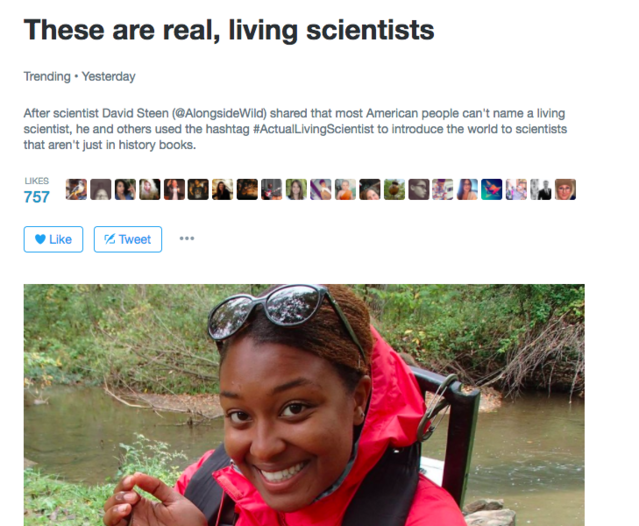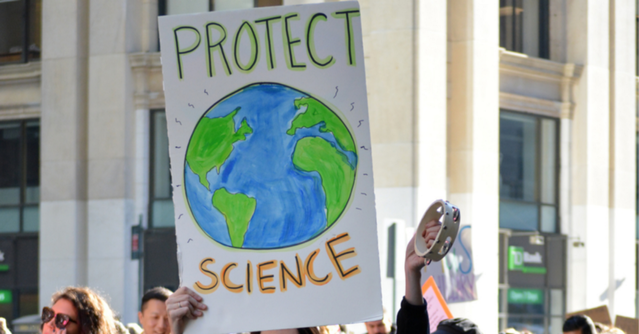
One December morning at the conclusion of a hectic semester, I plunked myself down in a coffeeshop booth next to my friend Mike Land. Mike is a fellow prof and the director of the community service program at my college. We’ve gotten to know each other primarily through a writer’s group set up by our mutual friend.
Mike is a lion of a man — to what degree I didn’t realize for months into our acquaintance because he’d always arrive first and so by the time I showed up he’d be already nestled in one of the well-worn wooden booths with his silver Macbook and sea of papers. But one day when he joined me in line for more coffee, I turned to him and raised my gaze to meet his eyes… and raised it, and kept on raising it. He’s rather tall, is what I’m saying. He’s also broad-shouldered, with a bit of a fuzzy mane. The overall feel of Mike is strength domesticated by gentleness. You sense that though his hands are quite large, and though they tremble a bit, your heart is utterly safe cradled in them.
Mike’s beautiful book tells the story of a cross-country road trip he took on sabbatical, shacking up with friends and friends of friends and people he had found on the internet, listening avidly to their stories, sharing regional cuisine, and joining them in their community service. He tells of releasing turtles back into the wild after they’d been nursed back to health, of feeding the homeless in San Francisco, and of digging plots free of invasive plants so as to cultivate sustainable gardens in the inner city.
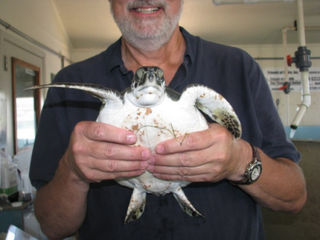
On this particular winter morning, we were discussing one of his most vivid chapters. The chapter tells of his visit to the wild horse sanctuary Return to Freedom, where proprietor Neda DeMayo has fulfilled her life dream of saving horses from abuse. In the chapter, Mike relays Neda’s memory of being about 10 years old and seeing a story about abused horses on the television. She was riveted to the spot, full of fury and a determination to make a difference. Her life since that moment led, a bit circuitously but nonetheless seemingly inevitably, to the founding of the ranch that is now her lifeblood. She told Mike that her work was the result of “passion, followed by correct action.” Reading this, my breath caught. Then I underlined the phrase twice. Then, since it was the twenty-teens, I tweeted it.
Passion, followed by correct action.
Emotions are often called “predispositions to action.” Without the action, they lose their influence, they stay internal. But set loose in the world, channeled by goals and productive habits and efficiency? The combination of emotion and efficiency can take a little girl’s horror at an injustice and turn it into a heart-stopping vista of a sanctuary where horses roam wild, safe from persecution. The combination of passion and correct action, of emotion and efficiency, can literally change the world.
Neda is not a scientist. Nor is Mike. But I am, and since I also teach and speak at conferences and am more active than I probably should be on social media, I have met legions of other scientists. To a one, their story bears a great deal of similarity to the first part of Neda’s story: an early call to passion, often informed by the desire to improve the world.
But where science parts ways with Neda’s story, and that of the other people Mike met along his journey, is that scientists view “correct action” quite specifically as the accumulation of unbiased, apolitical, fact-based knowledge. They share a deep dedication to the unwavering application of the scientific method to their research questions, and a commitment to honor the outcome, whether applying the method should yield a eureka moment or a null result. Scientists are moved by their love of the natural universe, their desire to discover as close to unvarnished truth as one can get in this messy world.
After an initial flurry of excitement and interest in the April 22nd March for Science, many in the science community began to worry that by hosting a march, we would be losing credibility in our claim that science isn’t political. That the very point of science, of the scientific method, is to objectively observe and test hypotheses about the world and report the results to the public. That in doing so, science stays out of the fray. Just the facts, ma’am.
But scientists aren’t planning to march for changes to policy or to argue one set of findings — we are marching to defend the very idea that there are facts, that one should strive to set aside one’s biases and desires in order to subject hypotheses about the world to objective, rigorous testing.
We are, in a way, marching for truth. For a particular way of asking and answering questions about the world.
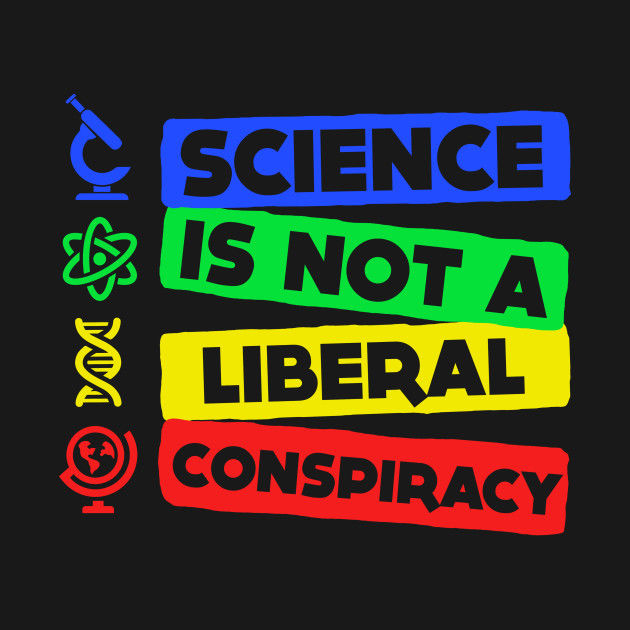
I thought I would offer this platform to humanize some of the faces of science — to illustrate just a few of the scientists motivated by love of the world and love of humanity, and of a deep and abiding commitment to the method of objective inquiry. Passion, followed by correct action. Their stories are below.
And then we march. For all the ten-year-olds who stand, transfixed, at the idea that the world could be better, and that they could help make it so. For all of the centuries of scientists who strove to intentionally put aside their biases and motivations and apply a principled, rational approach to testing their ideas about the world.
Science will march on.
~~~~~~~~~~~~~~~~~~~~~~~~~~~~~~~~~~~~~~~~
Profiles
James Hauri
What Science: I look at water quality, specifically the intersection between water chemistry and toxicity.
Why Science? I have always been interested in the idea that we should reduce pollution to avoid ecological and human health issues. The questions are what is a safe level for certain pollutants (or even if there is one) and how do you go about reducing the pollution released to meet that level.
Why March? Science should be non-partisan and evidence based. I am marching to express my concern that the new administration will either defund or bully scientists in order to get the results that the administration wants.
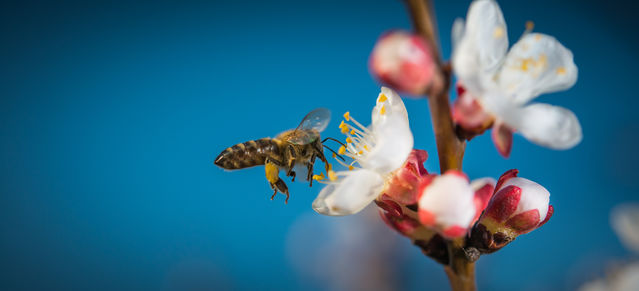
Kimberly Russell
What Science: I am a community ecologist who looks at ways to increase pollination services in human dominated landscapes by increasing habitat for wild bees. Lately, I have been working with power & electric transmission companies to tailor their land management protocols to promote wildlife.
Why Science? Honestly, for me, it was a way to combine my love and interest in Biology with my need for intellectual stimulation and creativity. Science is about bringing together ideas, coming up with hypotheses and then ultimately, being able to test those hypotheses. Knowing that there is truth out there that can be discovered through this process has always inspired me.
Why March? Truth should not be subject to politics and scientists must be free to both pursue and communicate the truths they find. A free society does not attempt to stifle or gag its scientists. Most people don’t realize that cientists are an argumentative bunch — we like to be critical of each other; it’s how the system works. But we will unite to protest the idea that we are driven by any other ideology than the search for truth (and the desire to be the first ones to find it) and we will unite in our belief that science is important and should not be influenced by the administration’s beliefs and we unite in our desire to just GET BACK TO WORK (because we are mostly freakin’ introverts who don’t like big crowds!).
A free society does not attempt to stifle or gag its scientists.
K.Marie
What Science: I’m in genetics and plant breeding.
Why Science? I have always wanted to help people. When I was little, my mom was raising 3 kids below the poverty line in an otherwise nice town. My dad was an alcoholic and couldn’t hold a job so he didn’t contribute child support. It was rough to say the least, and I got bullied a lot by the kids who had more because they thought it was funny I wore boy clothes as hand me downs when I was a girl, and they thought it was funny my mom couldn’t afford new shoes for us. Throughout it all, I knew I didn’t have it the worst, we weren’t the poorest people, we weren’t the hungriest, we had a roof over our heads and clothes on our backs, and that was more than a lot of the world. So I always wanted to help those people who had it worse. Science gives me an avenue to do that, and to help on a much larger scale through education and improving crops.
Why March? I’m marching because I cannot let my daughters grow up in a world that is so divided and distrustful. I can’t stand by while people act like science is bad when it can do such great things.
I have always wanted to help people.
Terri K. Pogoda
What Science: I am a health services researcher at VA Boston Healthcare System , Department of Veterans Affairs (VA) and examine health and readjustment to civilian life in Iraq and Afghanistan War Veterans. The population that I study typically has deployment-related traumatic brain injury (TBI) history, post-traumatic stress disorder (PTSD), and other conditions such as problems with concentration and memory that impact functioning.

There are two projects that I am currently starting up. One is a VA-funded initiative supported by Merit Review Award Number I01 HX-002162–01 from the U.S. VA Health Services Research & Development Service to help Veterans with TBI find and maintain competitive community-based employment. Supported employment is an evidence-based vocational rehabilitation program that has demonstrated notable success in individuals with severe mental illness, PTSD, and other populations with disabilities that impact workplace function. The second project is a VA and Department of Defense (DoD) funded study that is part of the Chronic Effects of Neurotrauma Consortium: https://cenc.rti.org/. This ongoing, longitudinal, multi-site study is enrolling Iraq and Afghanistan War Veterans with and without combat-related mild TBI history. The goal is to examine mental health, physical health, cognition, motor skills, biology, and brain health over time, so that we can understand how these may impact service members and Veterans. This information can serve as a foundation for developing new evaluation and treatment.
Why Science? It is an honor to work at VA Boston Healthcare System, an organization that values research, education, and clinical care, and a leader in disseminating best practices to provide state-of-the-art services for those who have served.
Why March? I am not planning to march, but I support initiatives that aim to preserve the ability to inform society through evidenced-based findings.
Jason Colditz
What Science: I study mental and behavioral health related to online social media. I coordinate “Big Data” projects, conduct epidemiological research studies, and dabble in theoretical work related to health information literacy and online social support. I particularly enjoy mentoring undergraduate and graduate students in research methodology. I’m a full-time research coordinator and fledgling PhD student of Clinical and Translational Science.
Why Science? I have been a full-time research coordinator for over a decade; working with psychology, psychiatry, and behavioral health studies. I’ve worked with several thoughtful scientists and an innumerable number of thoughtful research assistants and study participants over these years. I am passionate about bridging gaps between knowledge and practice, and encouraging emerging scientists (both within and outside of academic institutions) to positively impact society and improve overall quality of life.
Never Forgets My Towel
What Science: I’m a vagician/ midwife student/ research bitch.
Why Science? Placentas.
Why March? ALTERNATIVE FACTS. Also I have a feeling I won’t be getting NIH funding for the project I hope to do because of this administration.
Reid Offringa
What Science: Data Science.
Why Science? Data are awesome! Plus there’s nothing like being part of a new discipline.
Why March? I’m disturbed by Trump’s dismissal of climate science & his willingness to use scientific grant money as leverage against entire cities.
I’m not alone in this impulse — as I write this #actuallivingscientist is trending on Twitter. Check them out.
